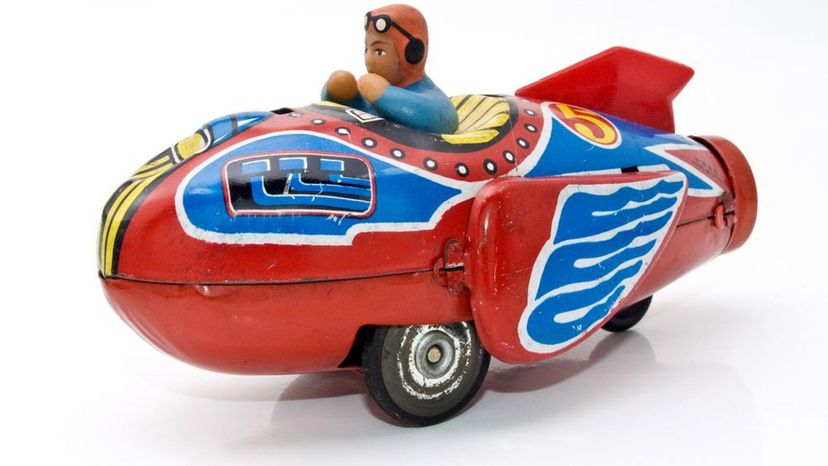
About This Quiz
Toys have been around practically as long as organized society! The very first ones are said to have been made prior to written language, as early as 3000 B.C.E. The very first toys were a lot less imaginative (as well as completely non-reliant on computer technology) and were often representative of things in the natural world or were miniaturized versions of adult tools. Luckily, by the time the 60s rolled around, plastic was king and mass-produced toys were all the rage and readily available.
Many of the toys that were popular during the 60s are still being played with today; things like the Barbie and Ken dolls, Troll dolls, Disney plush dolls and LEGO bricks can still be found in most American homes with small children. Even some of the most sought-after toys of the 60s are still on children's birthday wish-lists: Easy Bake Ovens, yo-yos, Lite-Brites and Hot Wheels. The materials might be different (plastic instead of metal in some cases) but the overall playtime experience is the same.
So when you think about it, we really haven't changed that much. Do you think you can name all of these popular 60s toys by just looking at a picture? Take this quiz to find out!
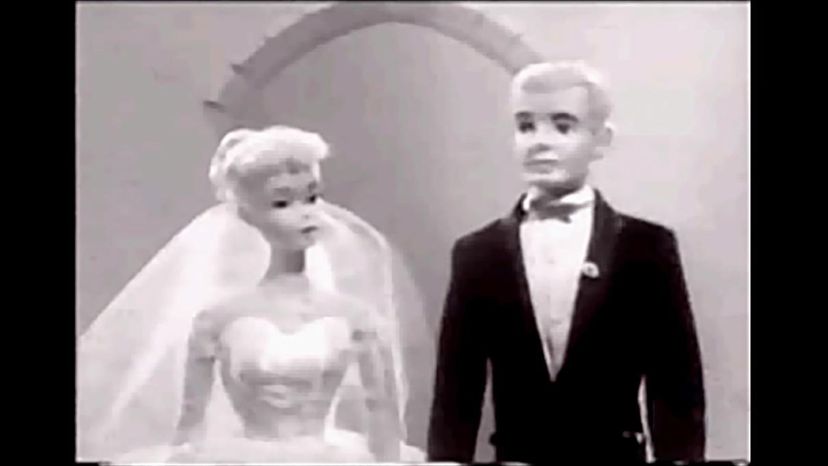
Barbie must have been lonely because two years after she was released to the market, her boyfriend, Ken, was released in 1961. Ken, like Barbie, had a wide variety of clothing. He would be joined later in the decade with other male Barbie dolls.
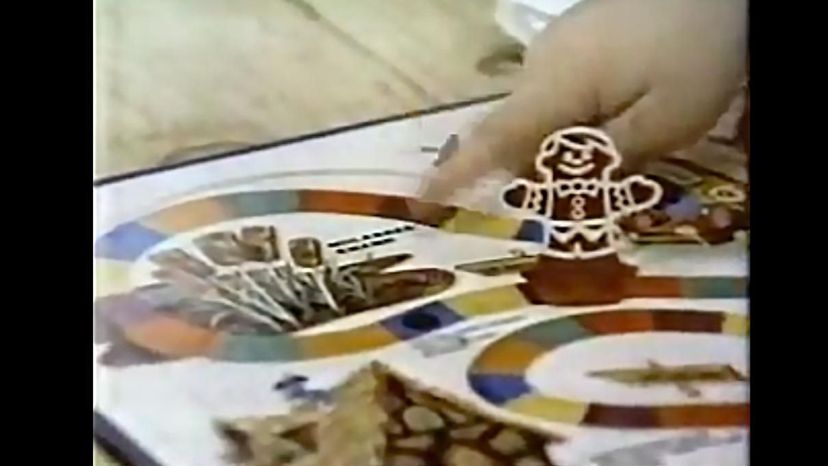
Has a board game ever been more delicious? Candyland was the game that really launched Milton Bradley into the board game phenomenon. While it was first created in the late 1940s, the iconic plastic gingerbread men pawns weren't introduced until 1967. The game was Milton Bradley's bestseller and put them on the map alongside Parker Brothers. The game is still very popular today.
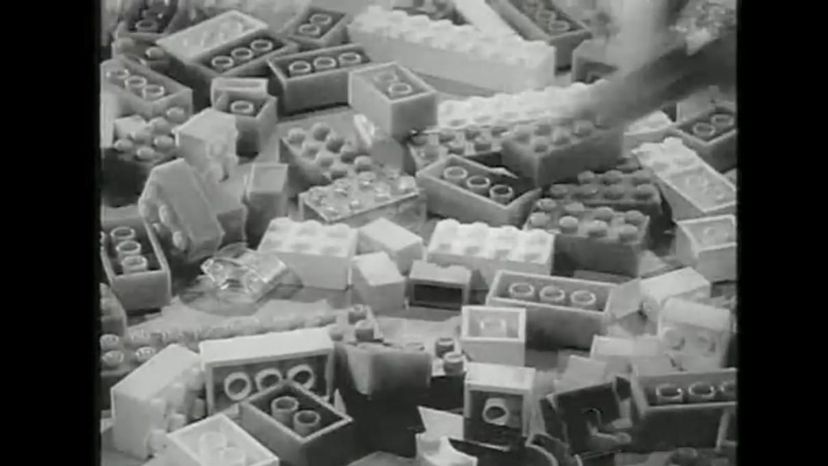
Lego blocks have been manufactured since 1949 and have been a hit ever since. The 1960s construction blocks were highly popular and featured sets with 151 to 565 pieces.
Advertisement
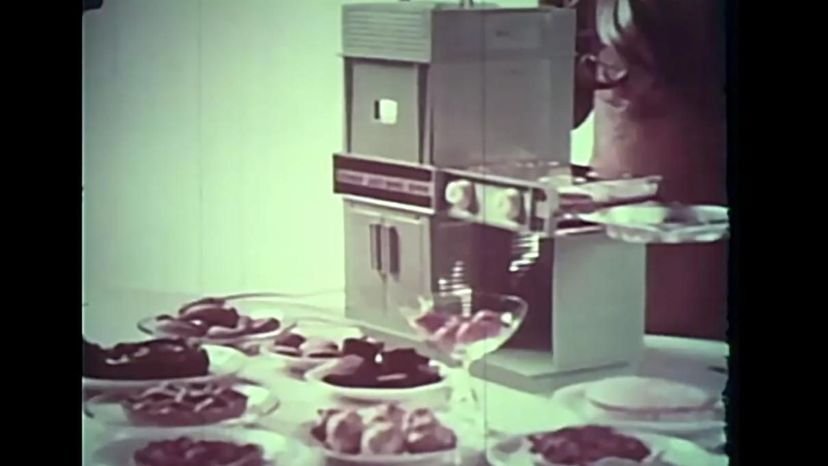
The Easy-Bake Oven baked thumb-sized cakes and brownies with an incandescent light. In the first year, there were over 500,000 sold. To date, there have been more than 16 million sold.
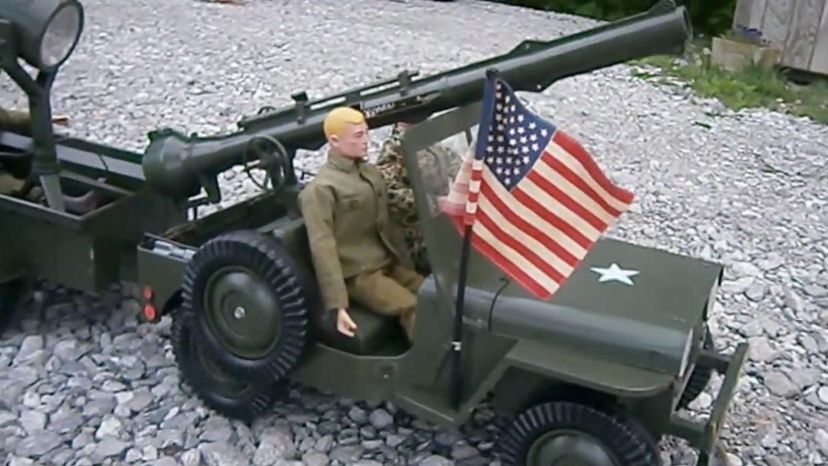
G.I. Joe is one of the best-selling action figures of all time. Like all popular figurine toys, accessories were an important part of playing with these toys.
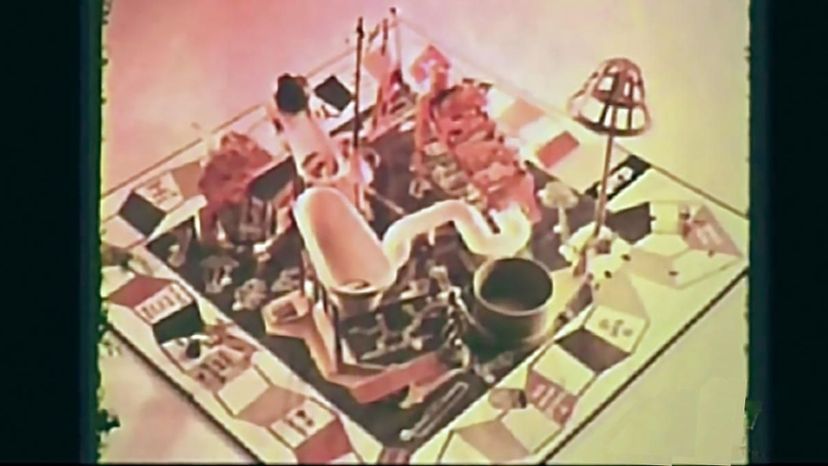
The Mouse Trap Game was all about building a complicated trap (using a Rube Goldberg machine) to do an easy job. The game came out in 1963 as one of the first 3D game boards and was wildly popular. The game is still produced today.
Advertisement
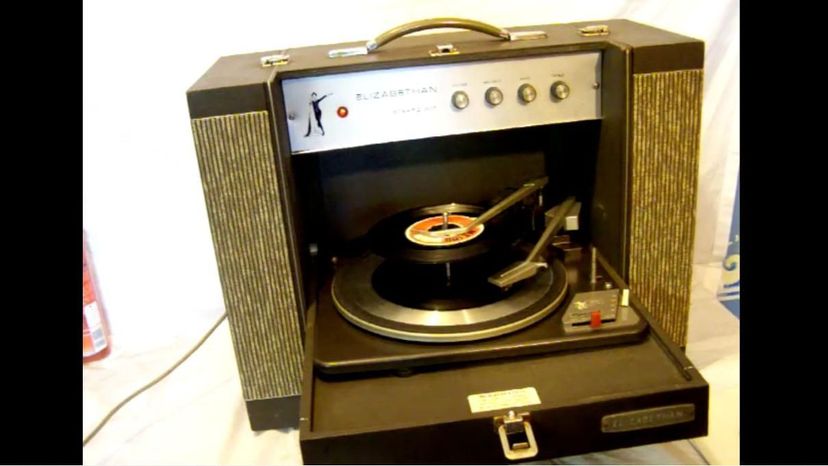
What better way was there (in the 60s) to listen to your favorite swinging music? The popularity of the transistorized phonograph was due to new technology which made it lightweight, portable and had the ability to use batteries instead of AC.
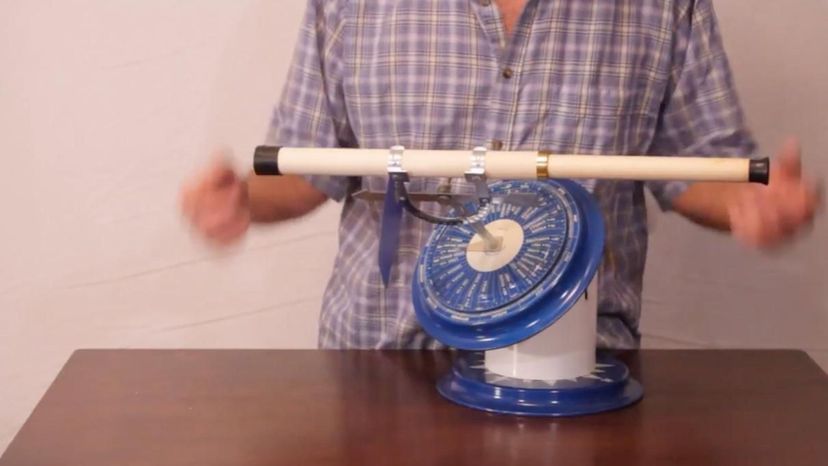
The Moon Scope Telescope became popular in the 1960s alongside science fiction novels, comics and graphic novels. The 60s were also the dawn of the space race between the U.S. and the Soviet Union, so on measure, people were more interested in what was happening among the stars than they had been previously.
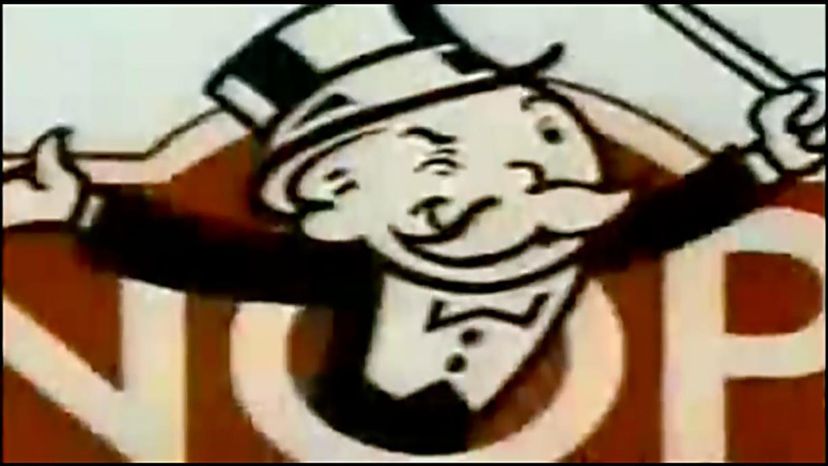
Monopoly was first invented in 1903 to demonstrate how economics works with few restrictions, but it wasn't until 1935 that Parker Brothers published the game. Through the 1970s, it remained relatively unchanged. The game is so loved that over 300 versions have been sold.
Advertisement
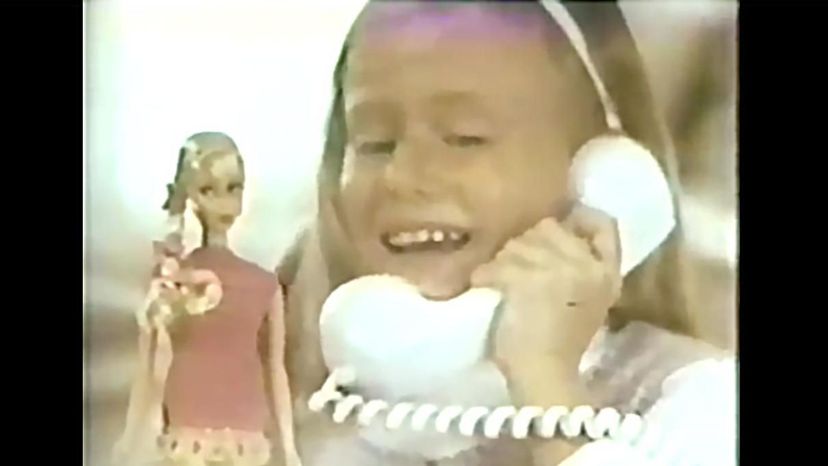
The 1960s were all about talking dolls, and Barbie was the most sold doll of the decade. By 1968, the two were combined with a string that kids pulled behind Barbie's neck so she could talk. This was also the first Barbie with separated fingers. Despite her popularity, later collectors would find that these dolls had a terrible time with limbs staying attached, and most no longer talk.
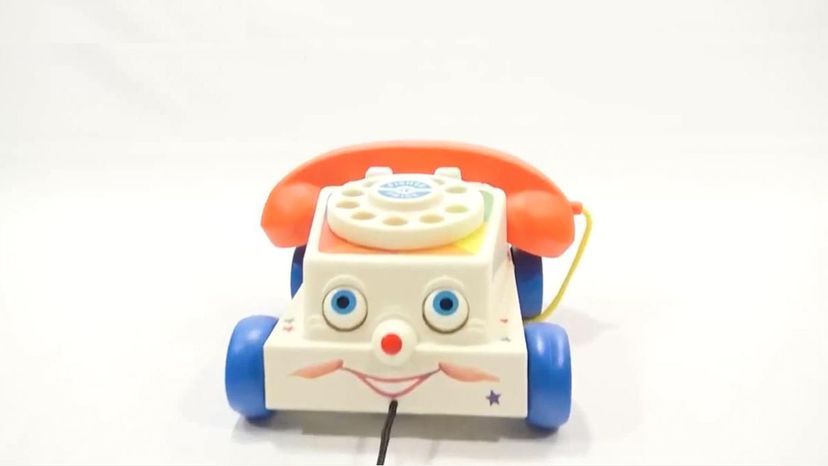
Kids have always wanted to be like their parents, so it isn't surprising that in 1962, Fisher-Price invented a talk back telephone with a pull string. The chatter telephone was one of many dial telephone toys that came out in the 60s.
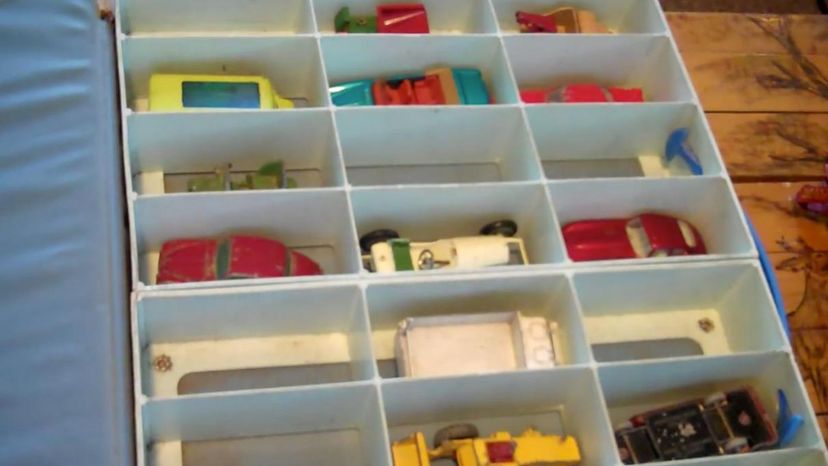
Matchbox has had several carrying cases over the years but few rival the Car City case. When broken down, this case turned into an actual city with buildings, streets and (we're guessing) plenty of fun.
Advertisement
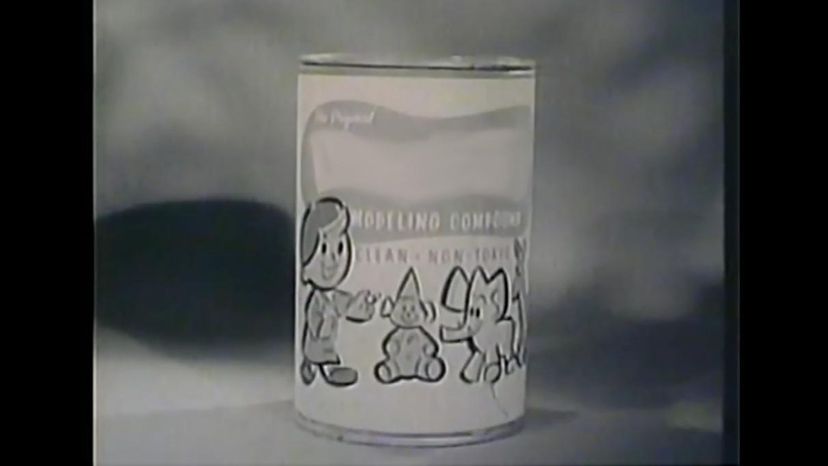
Originally advertised as wallpaper cleaner, Play-Doh was soon on every kid's shelf as a modeling toy. It originally was advertised to children in the 1950s, with big growth in the 1960s. It is still sold today.
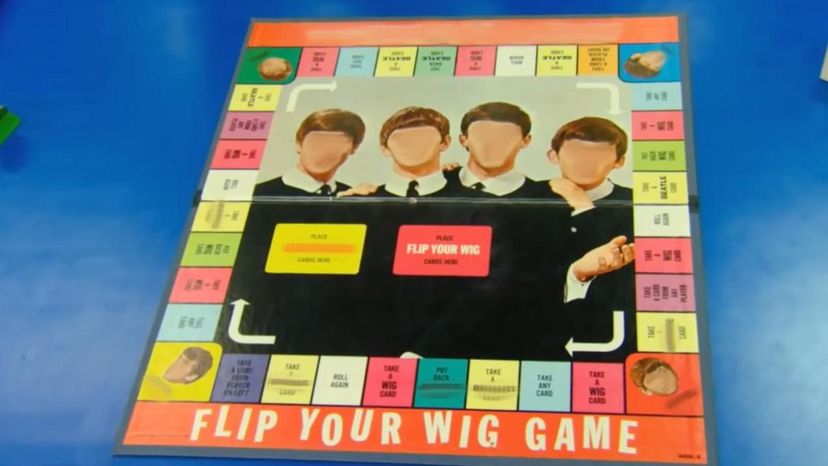
The Beatles Board Game was first published in 1964 as a smart campaign to make money off of the popular band. Players went around a board as one of the Beatles trying to collect cards of their character. The first to collect four won.
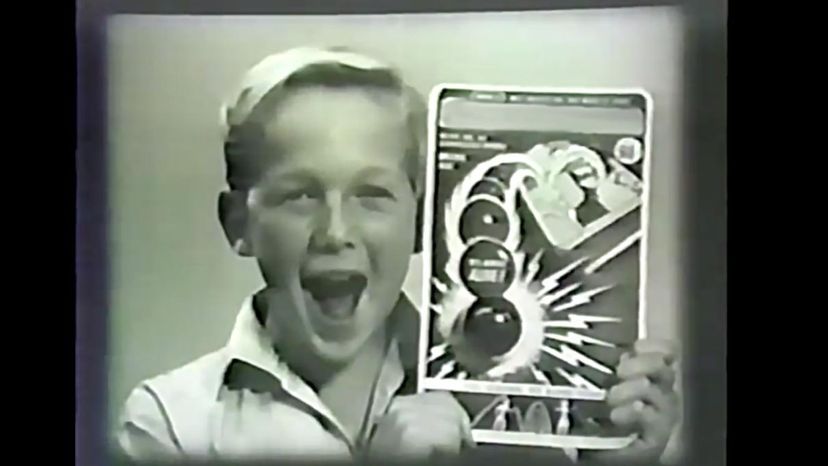
The Super Ball was designed in 1964 and released in 1965. With different collectible designs and colors, the balls became an instant fad. In its 1965 peak, there were over 170,000 being sold each day across the country.
Advertisement
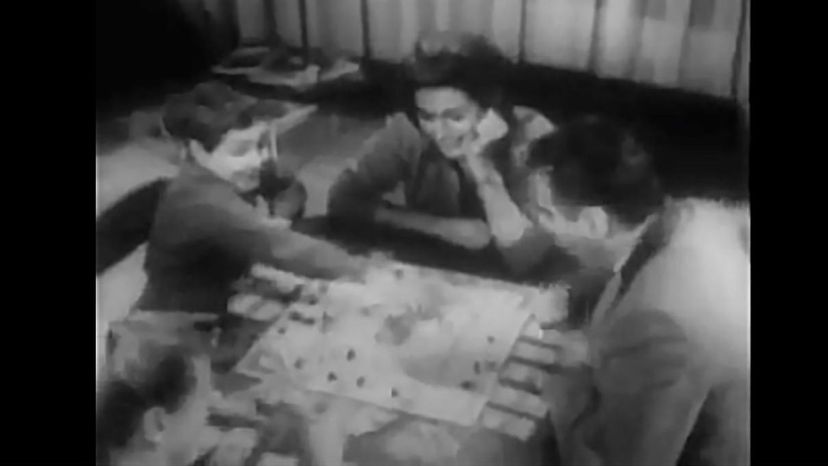
Milton Bradley board games were second fiddle to the industry powerhouse, Parker Brothers. That is, until Monopoly hit the market which heightened sales. They would continue with games such as Barrel O' Monkeys, Aggravation, Candyland and several superhero-themed games that became hits in the 60s.
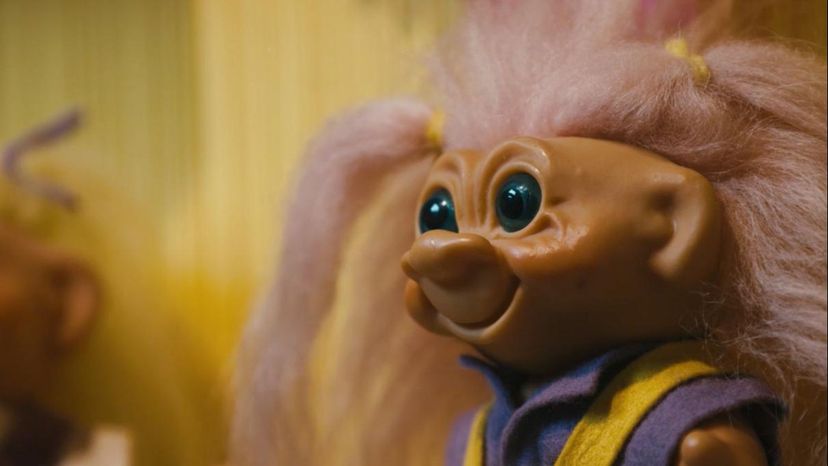
Troll dolls were invented in 1959 and were highly popular throughout the 1960s. They continue to be popular in waves. The latest trends have been sparked by movies such as "Toy Story" and 2016's, "Trolls."
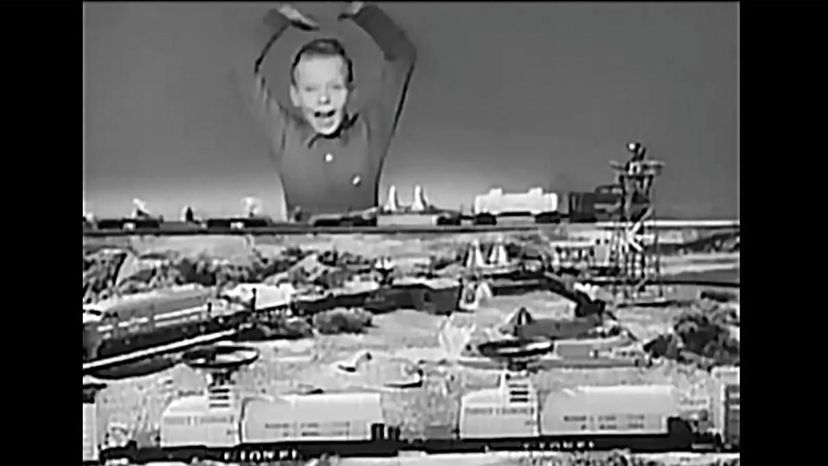
In the 1960s, Lionel LLC was known for making metal train sets. By 1969, General Mills (of cereal fame) bought the license to use the Lionel name, and kept producing toy trains, although at lower cost (and lesser quality.)
Advertisement
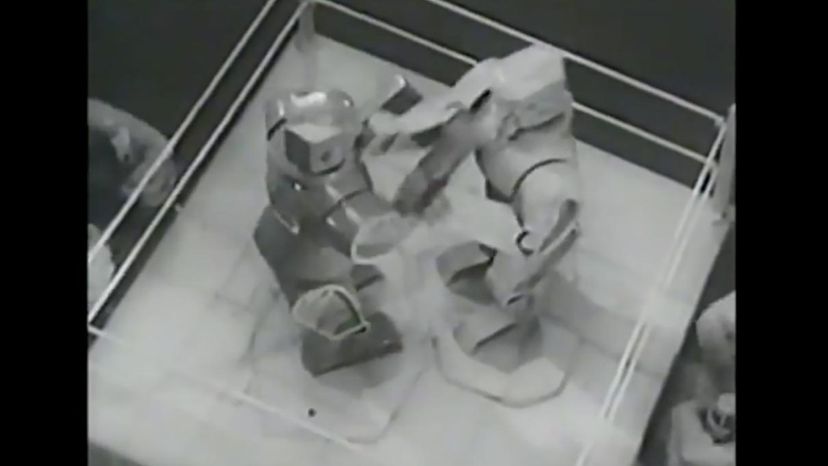
Red Rocker and Blue Bomber sock it out in a two-player action boxing game developed in 1964. You won a round of Rock 'Em Sock 'Em Robots when you bopped the head off the other player's bot.
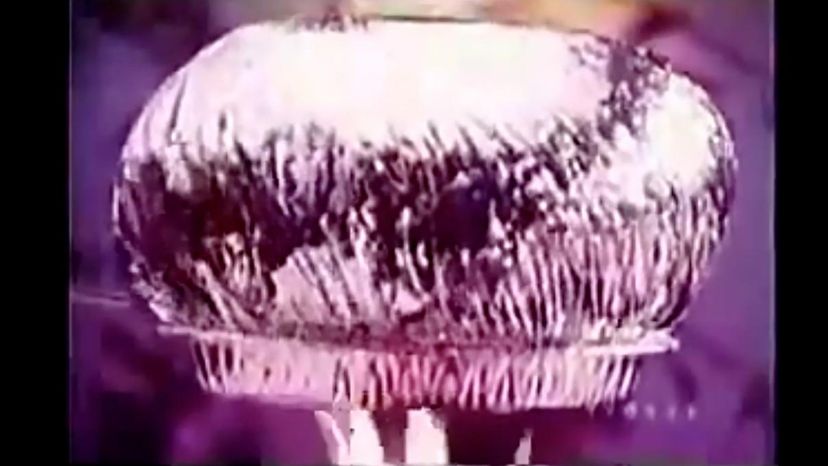
Jiffy Pop (and E-Z Pop) were competing popcorn brands in the 1960s. Both products relied on the premise that watching your popcorn expand the foil cooking container was just about as much fun as eating the popcorn.
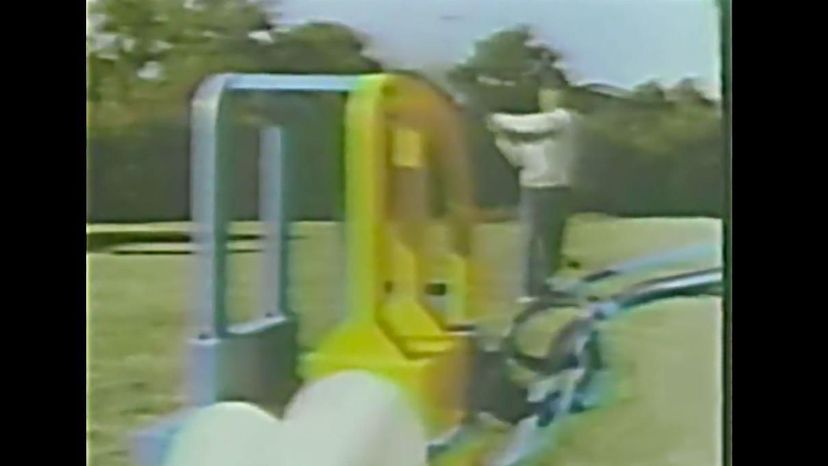
The history of the pitching machine stems back to 1897 when a gunpowder-operated machine was developed for Princeton University, leading to a lot of (not totally surprising) injuries. By 1960, the two-wheel propulsion machine that is still common today was invented.
Advertisement
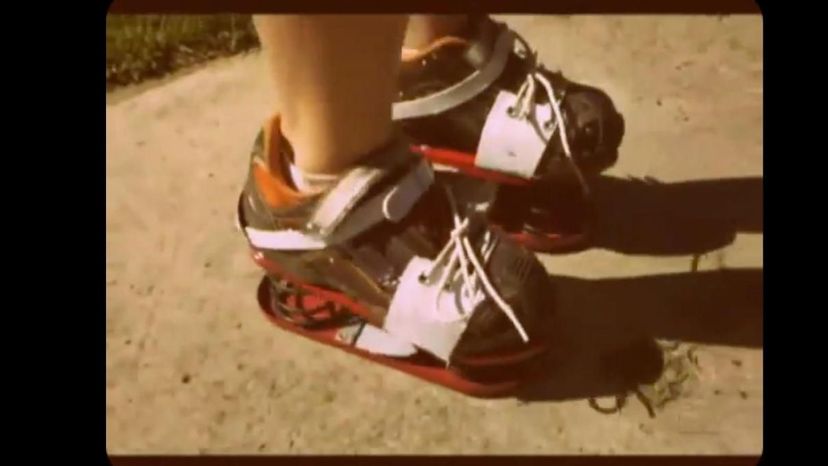
Toys in the 1960s were not necessarily all about safety, as is evident in Satellite Jumping Shoes. These trampolines for feet were popularized by the space race (and the wonders of limited gravity) of the 1950s and 1960s.
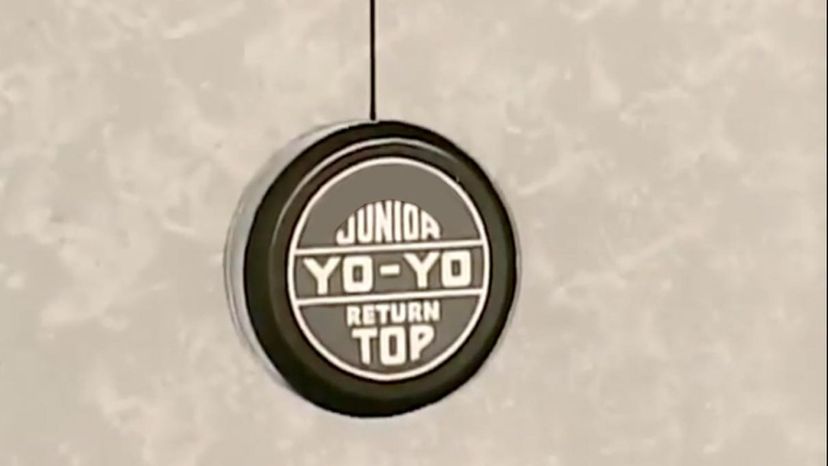
Duncan Yo-Yos are still made. The first modern yo-yo was created by a Filipino immigrant, Pedro Flores, in Santa Barbara, California in 1928. The following year, Donlad F. Duncan purchased Flores' company. They temporarily fell out of favor with kids, but started to make a serious comeback in 1962.
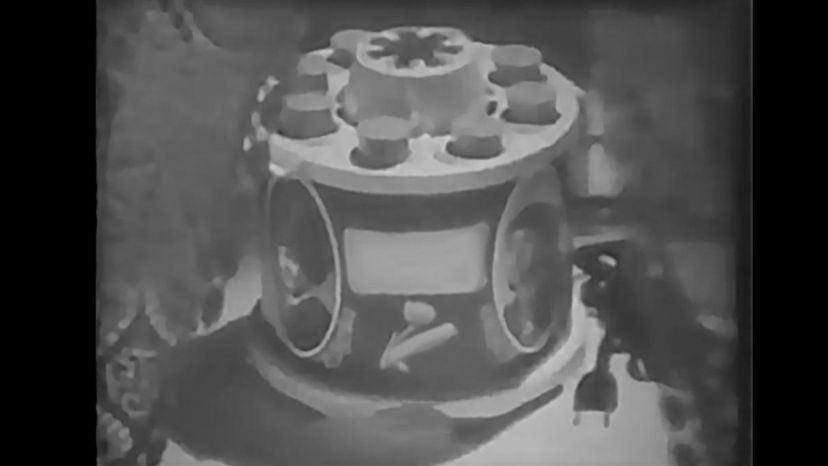
Often, young girls wants to be like their mother. Easy Curl purported to help little girls with simple hair styling in minutes with pre-warmed curlers that were heated with light bulbs.
Advertisement
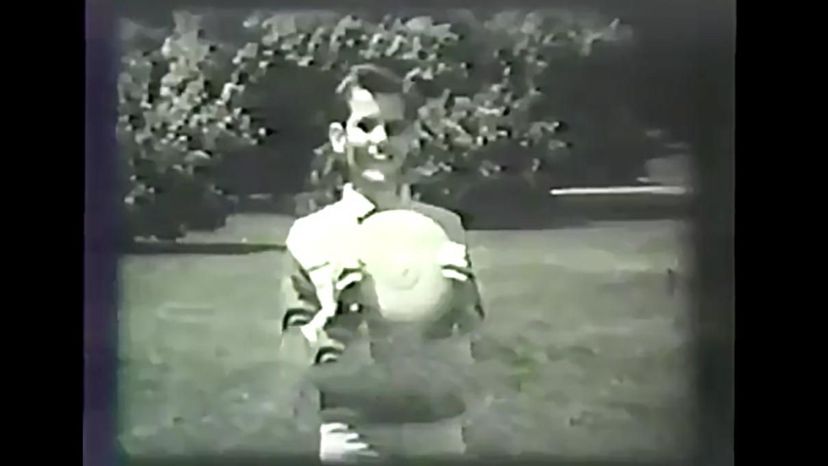
Frisbee came out in 1938 and was a popular toy in the 1960s. The longest recorded throw of a Frisbee is 338 meters by David Wiggins Jr.
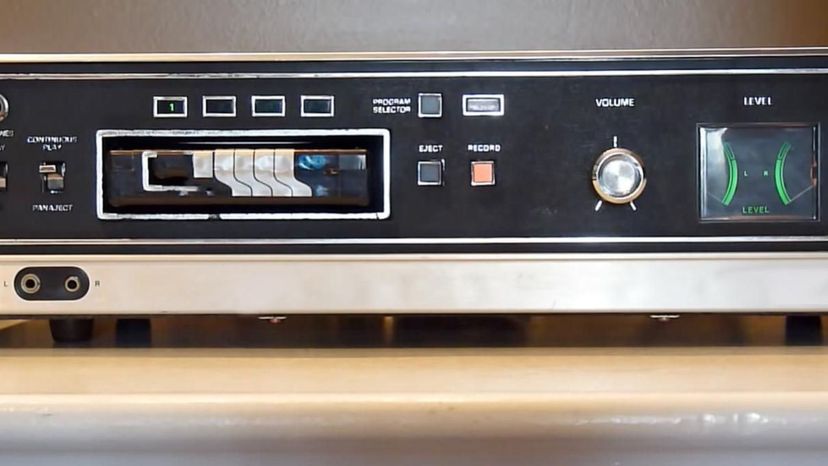
The 8-track cassette tape allowed people to record what they heard on the radio and then listen to it whenever they wanted. It's how mix-tapes were originally made. While the technology existed in the 50s, it wasn't until the 1960s that the 8-track became profitable enough for manufacturers to produce. Despite popularity in the 60s and 70s, 8-tracks were virtually unknown to non-English speaking countries (with the exception of Japan.)
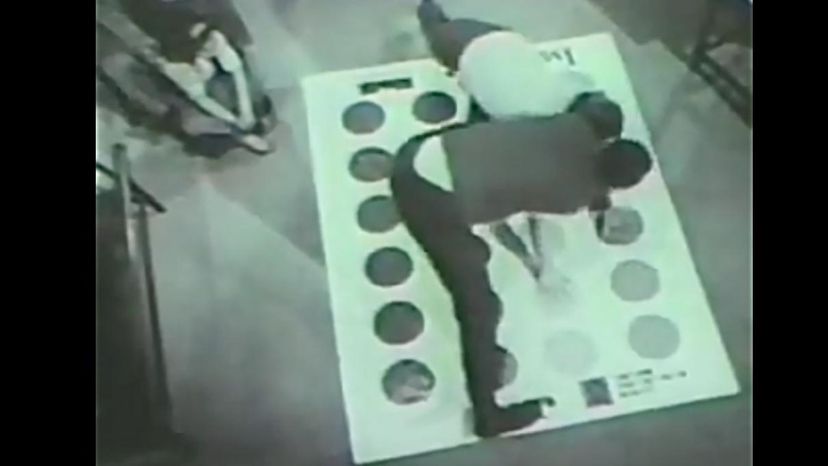
Who hasn't found themselves in an awkward pose while playing Twister? Twister was originally called Pretzel, until Milton Bradley changed the name before release in 1966. The game was made even more popular when Eva Gabor played it with Johnny Carson on "The Tonight Show."
Advertisement
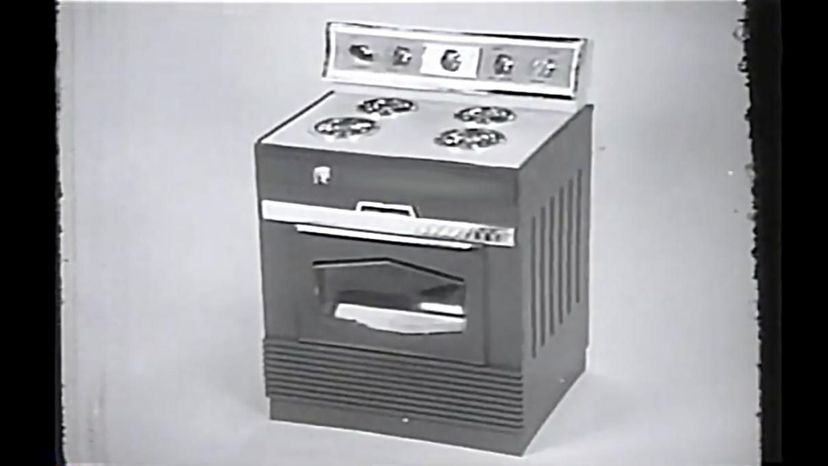
In 1966, Topper Toys released a series of functional miniature kitchen appliances for kids. Wildly popular with young girls in the 1960s, Suzy Homemaker was later accused by this same generation of being too domestic and attacked by feminists. The brand still exists today as a vintage toy manufacturer.
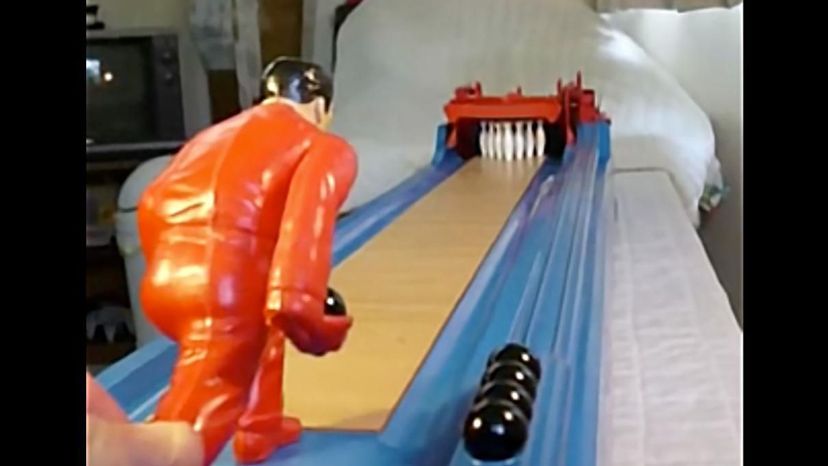
Bowling was a popular past-time in the 1960s, and Championship Bowling Pins brought the game home for the kids. Each box came with a bowling ball, 11-inch pins and a pin-spotting sheet.
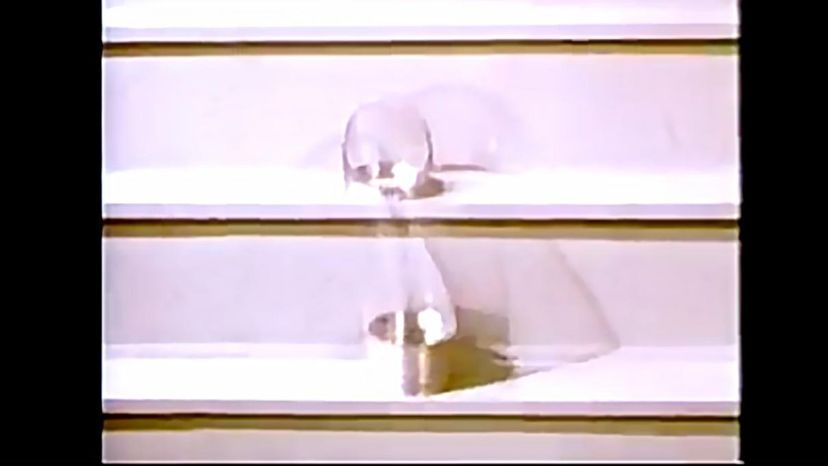
While a spring-as-toy doesn't necessarily sound amazing on paper, over 300 million of them have been sold. Betty James, the president of the company that made Slinky (and the wife of the inventor) made sure that Slinky was always priced affordably so that lower-income children could have the toy.
Advertisement
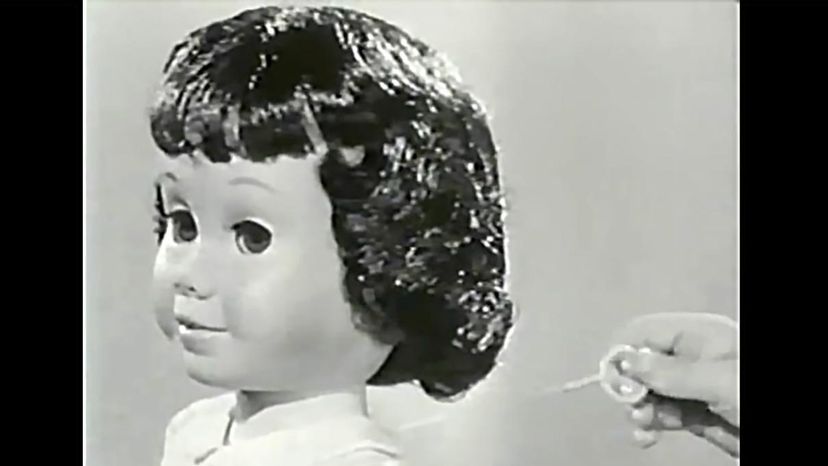
Chatty Cathy was a pull-string talking doll. It was the second best-selling doll behind...You guessed it! Barbie. The voice actress June Foray (who played Rocky in "Rocky and Bullwinkle") did the voice-over for the Chatty Cathy doll in the 60s.
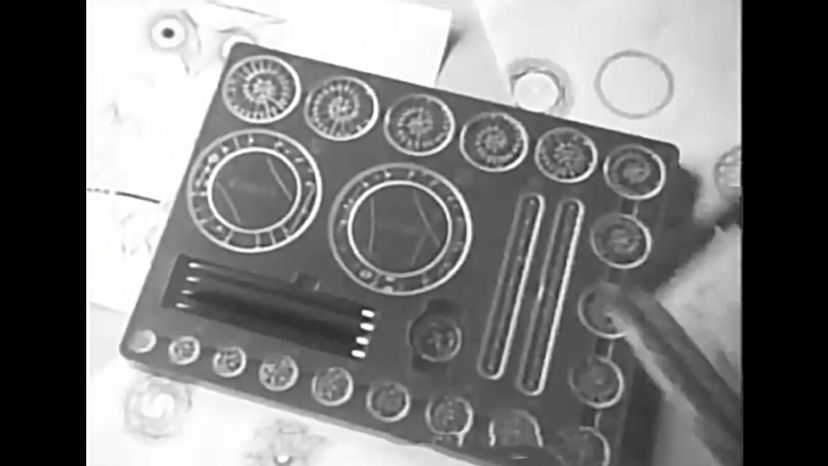
While it might look like a complicated way to measure circumference, the Spirograph was a toy for making art. The basics behind the Spirograph have been around since the early 20th century. However, it wasn't until 1966 (and the release of Spirograph) that these toys became widely produced. The brand was again released in the 21st century in both the U.S. and Europe.
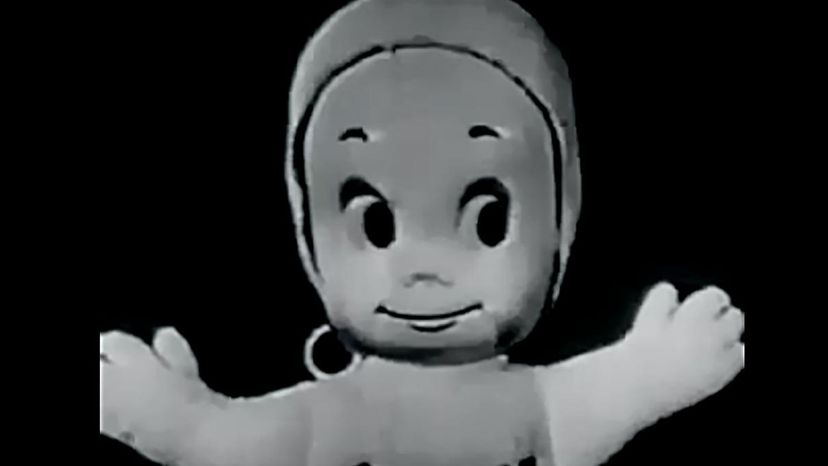
Casper was a media sensation and hot commodity in the 60s. Casper was sensationalized in comics and cartoons, as well as complimentary merchandising, like this doll.
Advertisement
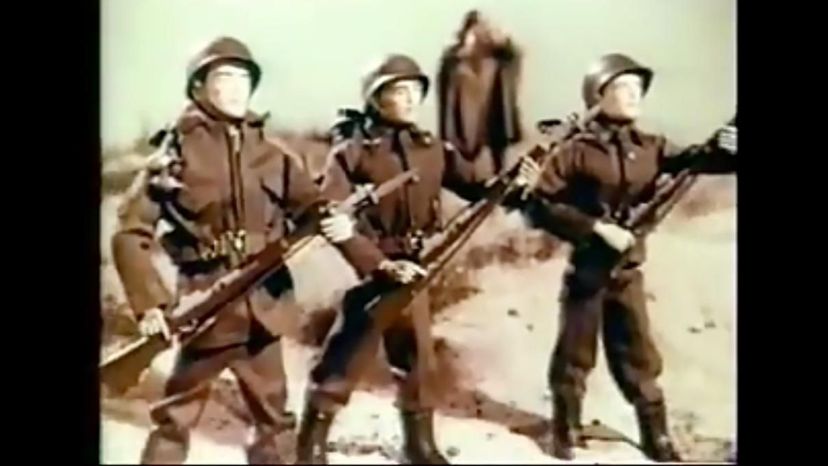
You likely remember the G.I. Joe fad of the 80s and 90s, but. G.I. Joe has been around since 1964 with its first line, 12-inch realistic action figures. That was also one of Hasbro's most popular G.I. Joe toy lines.
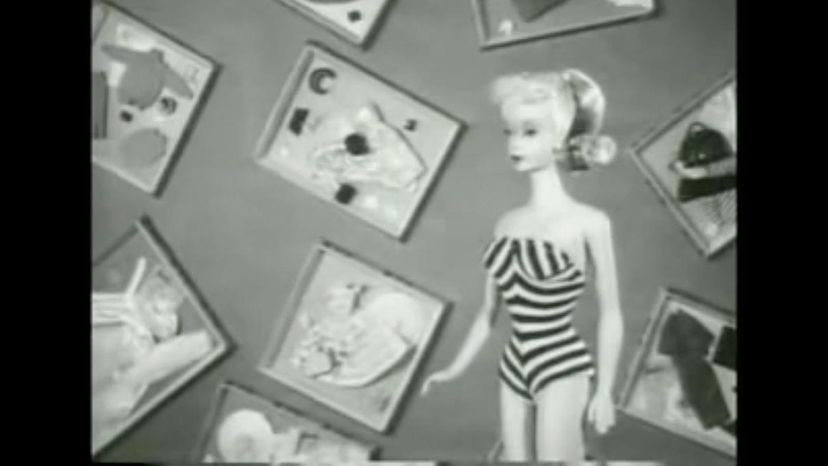
Barbie was first made in 1959, and has since sold over a billion dolls (that are still being made today.) She was based on a German doll, Bild Lilli, that was actually marketed to adults, not children. Barbie was named after the inventor, Ruth Handler's, daughter.
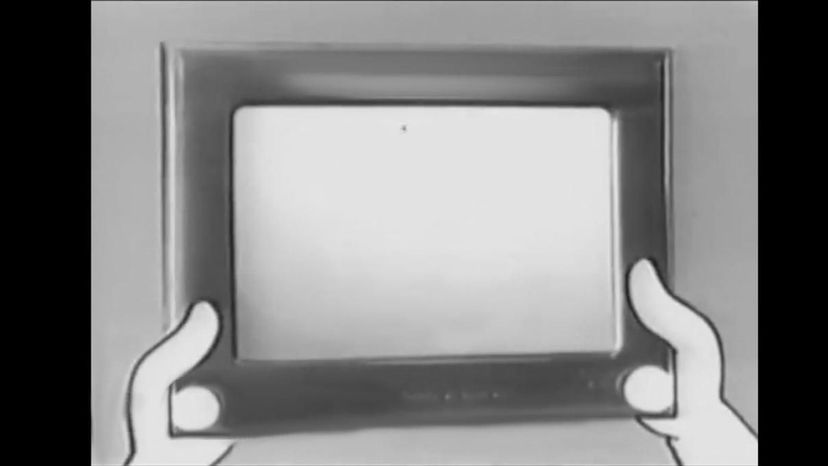
Etch A Sketch came out in 1960, when it cost $2.99 (which was rather expensive for the time.) In 2003, The Toy Industry Association named it as one of the 100 most memorable and creative toys of the 20th century.
Advertisement
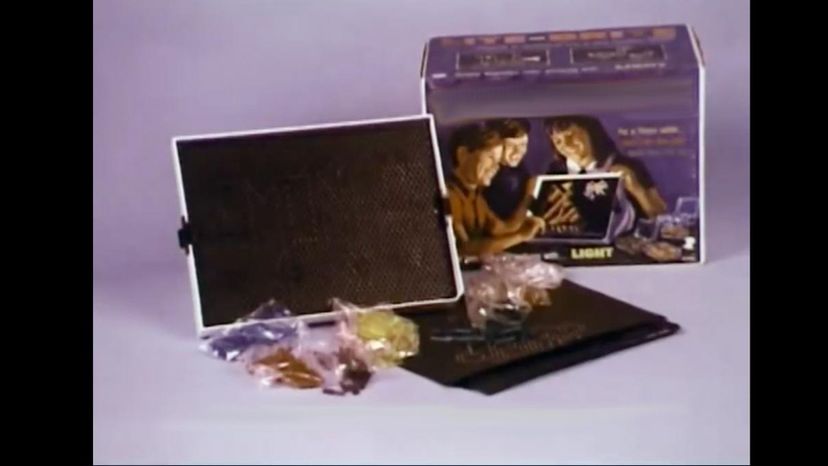
Lite-Brite was a glowing box that kids would place small plastic pegs into and it would light up. Templates on paper were provided with the box and peg refills could also be purchased. How much have things changed since the 60s? Lite-Brite is now offered as an app for your phone.
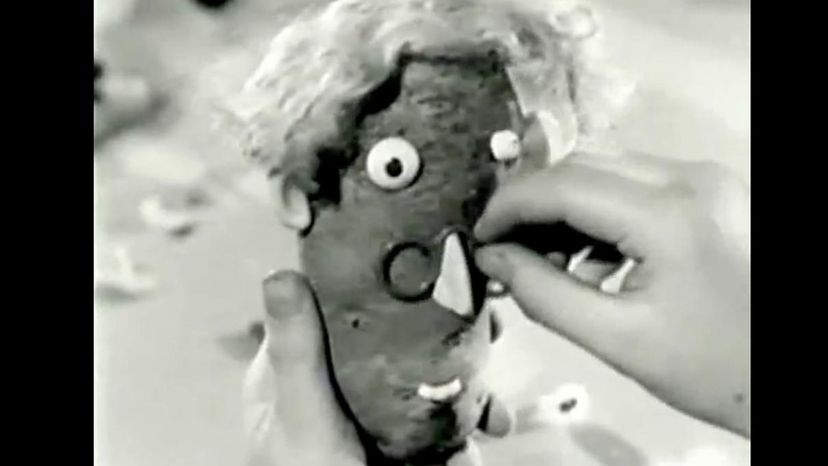
Mr. Potato Head was originally designed as toy accessories to attach to real potatoes. However, complaints about rotting potatoes forced the company to include a plastic potato in 1964. It was re-popularized in the "Toy Story" franchise in the 1990s.
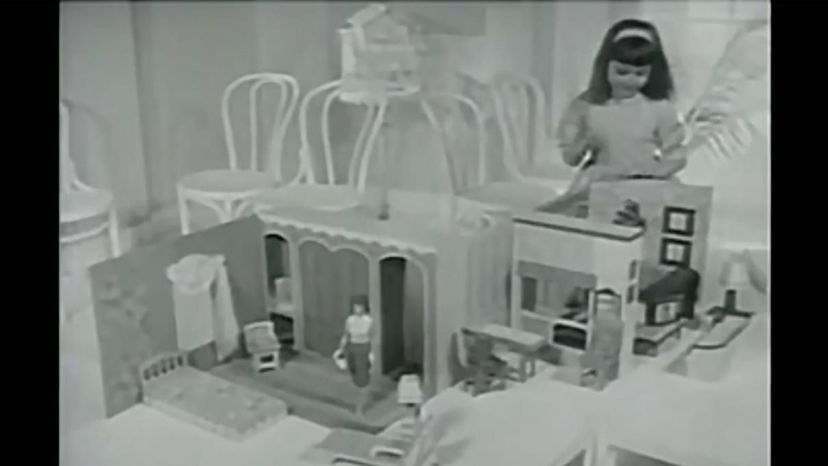
Ken met Barbie in 1961, and by 1962, they had their own studio apartment: Barbie's Dream House. The house was small, minimalist and made of cardboard. She probably never knew how good life would get back then.
Advertisement
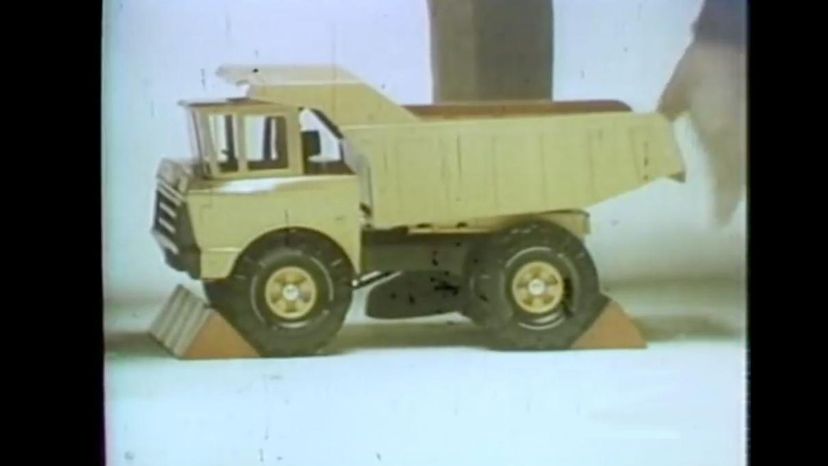
In 1946, Tonka was originally known as Mound Metalcraft, out of Mound, MN. In 1955, they changed their name to Tonka. Tonka trucks were heavy-duty kids toys at 1/64 the actual size of a truck. They have produced thousands of different toys for children.
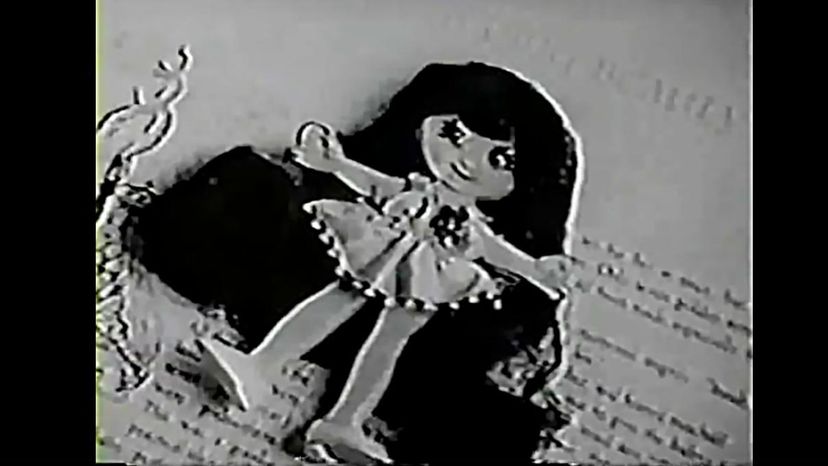
Flatsy Dolls were known for their movable limbs, cute faces and long, colored hair. They came in three sizes from 2.5 inches to 8.5 inches. They were only produced for a few years, though, between 1969 and 1973.
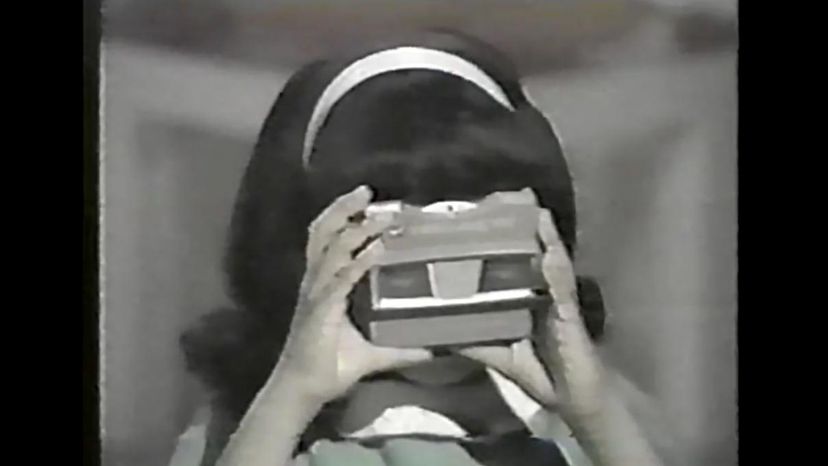
View-Masters were a fun toy for kids to view 3D images. While it was introduced in 1939, the real change came with Model G in 1962 which provided a lightweight, plastic View-Master.
Advertisement
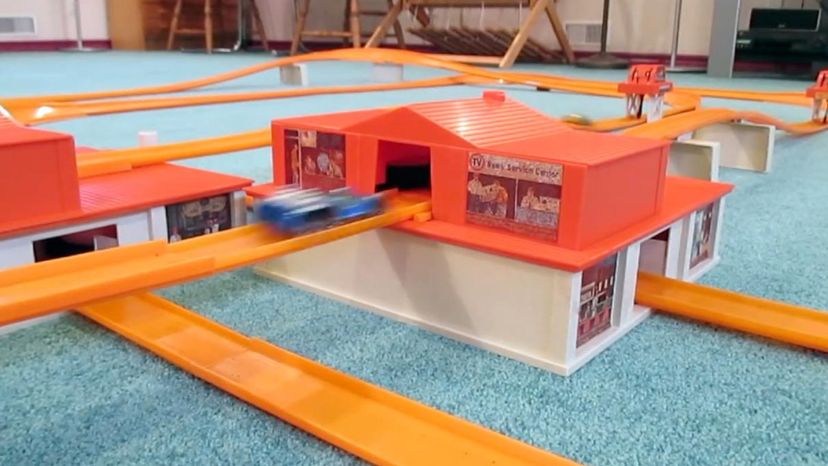
Matchbox and Hot Wheels were the big miniature car companies in the 60s. Hot Wheels came out in 1968 as a more "tricked out" and fantastical version of cars, as opposed to matchboxes street cars.
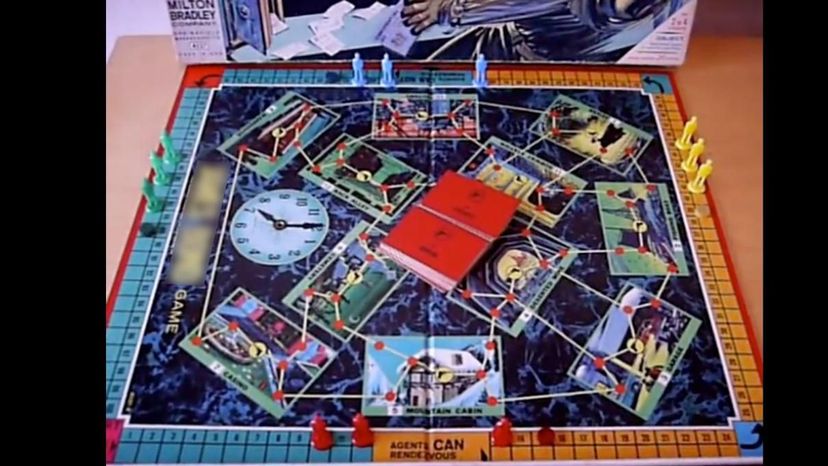
James Bond was extraordinarily popular in the 1960s, both in novels and movies. In 1964, the James Bond Board Game was produced so kids could become their own secret agent.
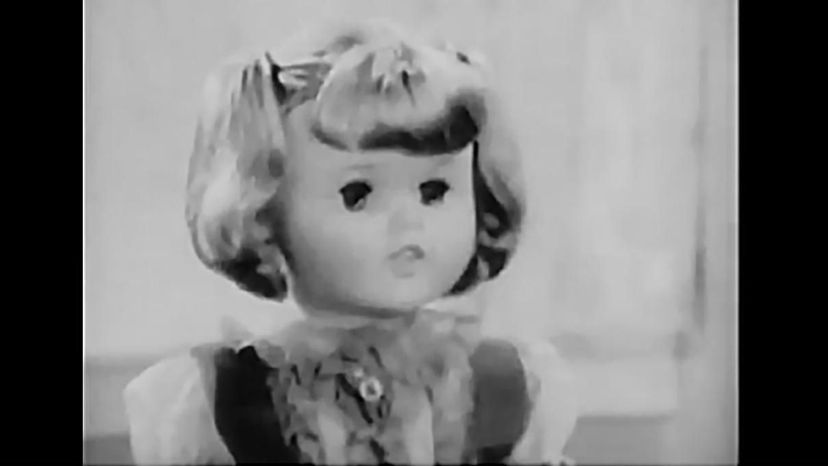
Talking dolls were a hot item in the 1960s, but Little Miss Echo never seemed to grab a hold of that market as much as producers hoped. They were manufactured in 1962 and 1963, but only sold until 1965.
Advertisement
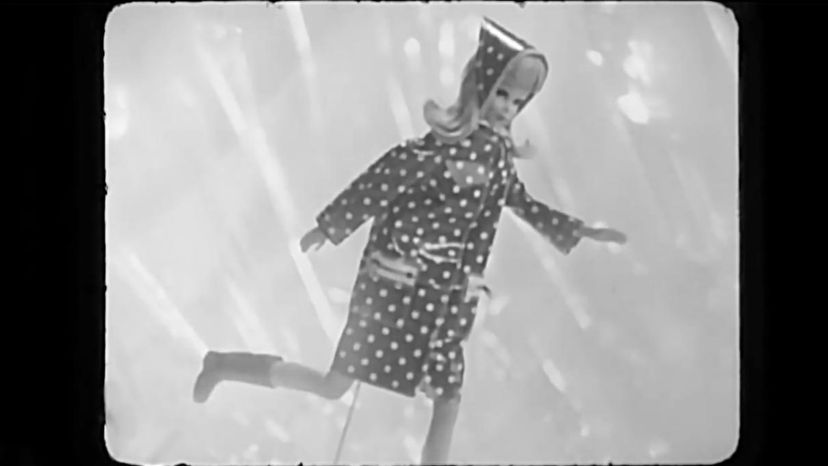
Francie Fairchild is Barbie's trendy cousin from England, who was presumably older than Skipper, but younger than Barbie. Francie was popular from the late 60s to the early 70s.